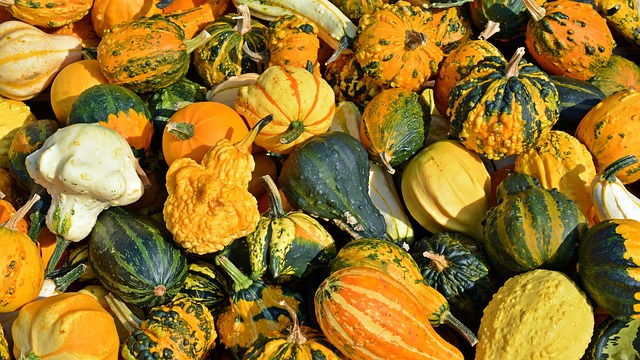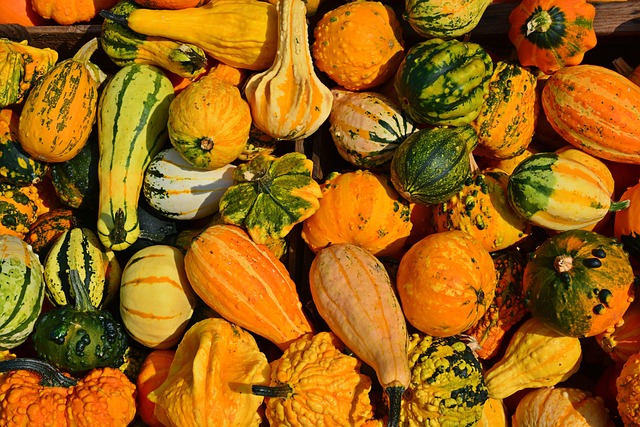Compost creation is a simple yet powerful process for garden enthusiasts that offers significant advantages. By managing yard waste removal and recycling through composting, organic materials like food scraps and plant debris are transformed into nutrient-rich fertilizer, reducing waste sent to landfills and enhancing soil health, fertility, and ecosystem resilience. Effective practices involve balancing nitrogen-rich (green) materials with carbon-rich (brown) ones, excluding specific items, and layering kitchen scraps with dry leaves or straw to create nutrient-rich compost that enhances soil structure and contributes to a healthier garden ecosystem, making it an effective solution for Yard Waste Removal and Recycling.
Compost creation is an art and a vital practice for any garden enthusiast looking to enhance their green space. This guide explores the benefits of composting, providing valuable insights for those new to this eco-friendly process. From understanding the basics of compost creation to learning about effective yard waste removal and recycling techniques, we’ll equip you with the knowledge to transform organic waste into nutrient-rich gold for your garden.
- Understanding Compost Creation: The Benefits for Gardeners
- Yard Waste Removal: What to Include and Exclude
- Recycling Tips: Transforming Organic Waste into Garden Gold
Understanding Compost Creation: The Benefits for Gardeners

Compost creation is a simple yet powerful process that offers numerous benefits for garden enthusiasts. By understanding how it works, gardeners can effectively manage their yard waste removal and recycling efforts. Composting transforms organic materials, such as food scraps and plant debris, into a nutrient-rich substance that serves as a natural fertilizer. This not only reduces the amount of waste sent to landfills but also enhances soil health and fertility, promoting lush plant growth.
The benefits extend further, as composting encourages sustainable gardening practices. It helps build resilient ecosystems by promoting a circular economy where organic waste is recycled back into the garden. Gardeners can expect improved soil structure, increased microbial activity, and better water retention, all of which contribute to healthier plants and reduced environmental impact.
Yard Waste Removal: What to Include and Exclude

Compost creation for garden enthusiasts involves understanding what to include and exclude in your yard waste removal process. The key to successful composting is incorporating a balance of green materials, such as food scraps, grass clippings, and plant trimmings, which are rich in nitrogen. These should be mixed with brown materials like dry leaves, wood chips, and shredded paper, which provide carbon. This ideal combination speeds up the decomposition process.
However, certain items should be excluded from yard waste removal to maintain a healthy compost pile. Avoid adding meat, dairy, oily foods, and fatty products as they attract pests and can cause odors. Additionally, do not include diseased plants or pet waste, as these can harbor harmful pathogens. Recycling yard waste through composting not only reduces landfill waste but also provides nutrient-rich soil amendments for gardens, promoting sustainable gardening practices.
Recycling Tips: Transforming Organic Waste into Garden Gold

Recycling organic waste is an eco-friendly practice that garden enthusiasts can embrace to create nutrient-rich compost, a valuable resource for their green oasis. Instead of viewing yard waste as a nuisance, it can be transformed into gold for your garden. Start by composting kitchen scraps like fruit and vegetable peels, coffee grounds, and tea bags. These materials are rich in nitrogen, providing essential nutrients for plant growth.
Create a balanced compost pile by layering these green materials with carbon-rich dry leaves or straw. This process mimics nature’s cycle, breaking down organic matter into a dark, crumbly substance that enhances soil structure and fertility. By recycling yard waste through composting, you reduce the amount sent to landfills, minimize environmental impact, and contribute to a healthier garden ecosystem.
Compost creation is a powerful tool for garden enthusiasts, offering numerous benefits from enhancing soil structure to promoting nutrient-rich growing conditions. By understanding the process and implementing effective yard waste removal and recycling practices, gardeners can transform organic waste into valuable compost, fostering healthier plants and contributing to a more sustainable environment.






